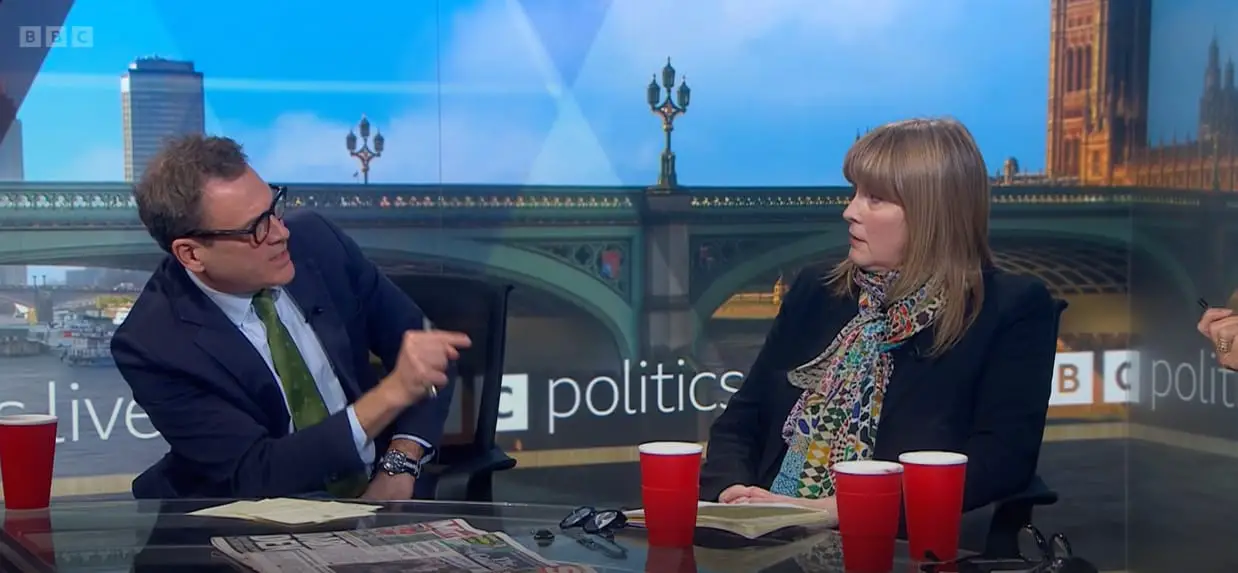This from Bob Seely, Conservative prospective parliamentary candidate for Isle of Wight West. Ed
Bob Seely has welcomed Rishi Sunak’s plan for a legally binding cap on immigration to bring numbers down to much lower levels.
Bob, who is the Conservative candidate for the new Isle of Wight West constituency, introduced a Private Member’s Bill on Immigration and Asylum law two weeks ago, before Parliament dissolved.
Why the cap is important?
Bob said that he believed a cap was the only way to permanently get the number of legal migrants and refugees down.
Now, Under Rishi Sunak’s plans, ministers will suggest a new cap on migration that will then be subject to a vote in Parliament – giving MPs direct control of immigration levels for the first time.
Seely: We need to get migration down
Bob said,
“I’m delighted Rishi has adopted this approach, I believe there is only one way to get a grip on this problem – and that’s for MPs to own it.
“We need to get migration down. We know Labour and the Liberal Democrats will have an open-door policy to migration, and we know that a vote for Reform puts Starmer in Downing Street.”
Conservative commitments
The Conservatives say under their plan they will:
- Implement an annual legal cap on the number of visas that can be granted to those coming to the UK on work or family routes, taking into account public services and the economy. Temporary work routes such as Seasonal Agricultural Workers, would not fall within the cap as these are very short-term visas. Students will also not fall within the cap.
- Commission the Migration Advisory Committee to make an annual recommendation to government on the level of the immigration cap, with an explicit remit to take into account the economic costs and benefits of migration to make sure the economy gets the workers it needs, whilst the NHS and housing is not overwhelmed. Government will then consider the Committee’s recommendation before making a final proposal.
- Bring an annual vote to Parliament to set the immigration cap, giving Parliament a direct role in setting immigration levels for the first time. Government will put its proposed level, informed by the MAC, to a vote in Parliament annually so MPs can vote on the annual level, giving Parliament a direct role in setting the level of immigration for the first time.





